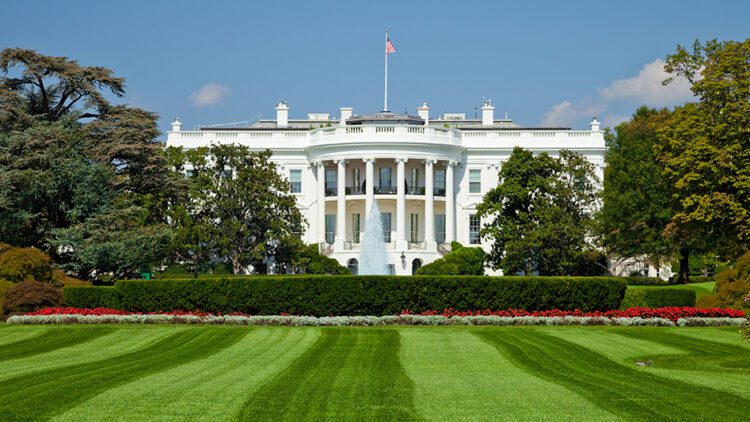Six months have passed since President Joe Biden announced his three-step plan to pardon all federal simple cannabis possession offenses, encourage state-level governors to follow suit, and review how cannabis is classified under the Controlled Substances Act (CSA). However, with the industry’s upcoming 4/20 holiday, advocacy groups are calling on Biden to continue making progress towards policy reform and federal descheduling of cannabis.
A coalition of 85 local, state, and national groups have sent a letter to Biden and his administration urging federal action. In the letter, the advocates wrote, “We urge you and your administration to take the steps necessary to deschedule marijuana in conjunction with other administrative actions that center Black, Indigenous, and people of color (BIPOC) communities.”
The advocates also implored Biden’s administration to support comprehensive marijuana reform legislation in Congress, such as the Cannabis Administration and Opportunity Act (CAOA), which would deschedule marijuana, repair the past harms of prohibition, and provide a regulatory framework for marijuana markets.
Senate Majority Leader Chuck Schumer, Senate Finance Committee Chairman Ron Wyden, and Sen. Cory Booker officially filed the CAOA in July 2022. The legislation seeks to remove cannabis from the CSA, tax and regulate cannabis at the federal level, and grant states the power to administer their own oversight programs.
Advocates argued that comprehensive reform is necessary because “the overwhelming majority of individuals impacted by federal marijuana criminalization were left out of the relief granted by the pardons.” The pardons did not lead to the release of anyone currently serving time in federal prison.
Moreover, Biden’s pardons excluded many noncitizens who face immigration consequences, including mandatory detention or deportation, due to minor cannabis possession convictions. The advocates said that even those noncitizens included in the announcement should be provided specific assurance that pardoned convictions will not be used as a basis for deportation or denial of immigration benefits.
The advocates also noted that Biden’s pardon announcement did not address future cannabis-related arrests, which will continue until the federal government takes further action to decriminalize cannabis. According to the advocates, continuing to criminalize cannabis will only exacerbate racial injustice in criminal sentencing.
To end and repair the harms of criminalization, the advocates emphasized that it is essential for the federal government to deschedule marijuana from the CSA. The advocates urged Biden and his administration to facilitate “comprehensive reform rooted in equity,” which would include automatically expunging federal cannabis cases and creating pathways to resentencing and release.
Legal relief for marijuana offenses must be applied retroactively so that formerly incarcerated individuals have a chance to rebuild their lives, and noncitizens can live free of the fear of deportation for old offenses or prior marijuana industry work history. The advocates also urged the federal government to enact comprehensive reform that would support BIPOC communities disproportionately impacted by cannabis prohibition.
The letter emphasizes not only the importance of descheduling rather than rescheduling cannabis, but also the need for comprehensive cannabis legislation to accompany descheduling. The advocates wrote that “rescheduling marijuana to a less restrictive schedule in the CSA would do little to address the harms of federal criminalization.” As long as marijuana remains anywhere in the CSA, the majority of the problems associated with its criminalization will persist.
IN OTHER NEWS: Biden grants pardons to marijuana offenders









